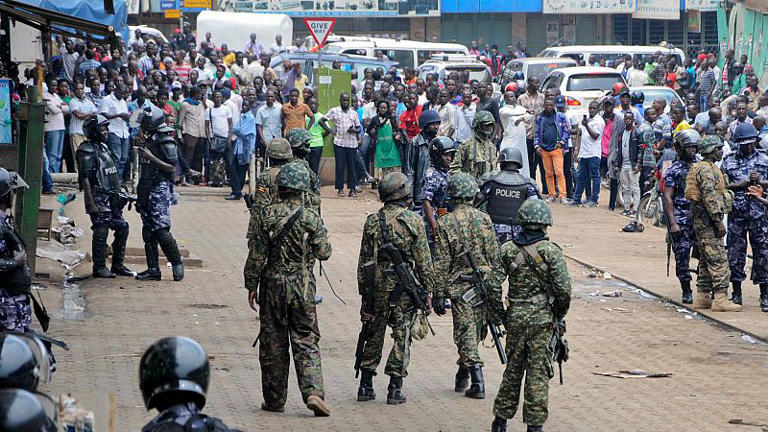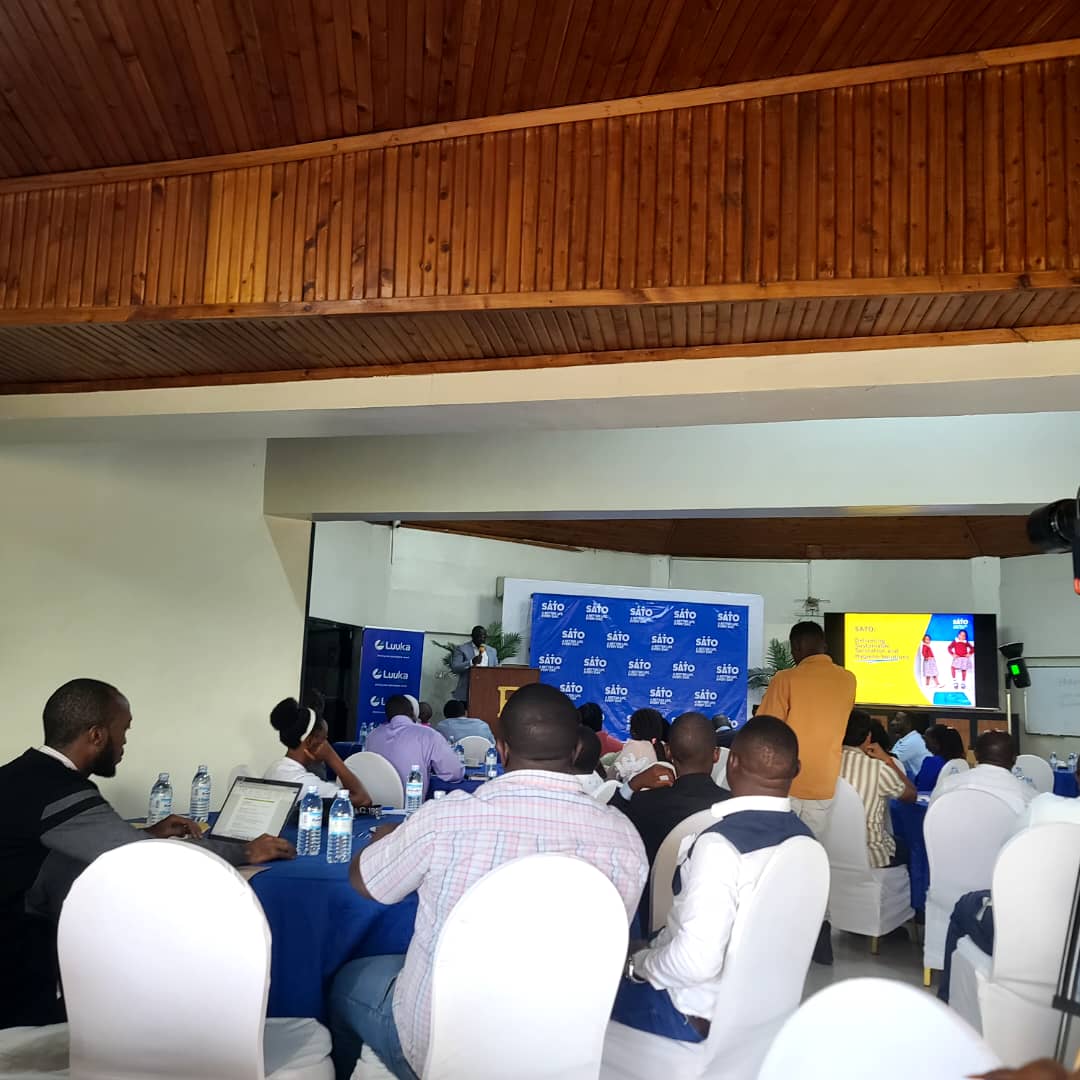Two major incidents have shaken East and Southern Africa in July 2025: a deadly border clash between Uganda and South Sudan and a controversial secret deportation agreement between the U.S. and Eswatini.
Both situations highlight deeper geopolitical strains and raise concerns about regional cooperation, human rights, and sovereignty.
At least four soldiers were killed in a fierce firefight at the disputed Uganda–South Sudan border, according to Uganda’s military.
The incident occurred in Uganda’s West Nile region after South Sudanese troops reportedly crossed into Ugandan territory and refused to leave.
Uganda’s military confirmed the death of one Ugandan soldier and three South Sudanese troops, while South Sudan claims five of its soldiers were killed in a “surprise attack.”
A ceasefire has now been agreed upon, and both sides have pledged a joint investigation.
The border dispute has lingered for years despite the formation of a demarcation committee aiming to finalize territorial lines by 2027.
Although border tensions are not new, such fatal encounters between allied forces are considered rare.
In July 2025, the Kingdom of Eswatini quietly accepted five deportees from the United States under a secret third-country agreement. The move, undisclosed to the public until mid-July, has triggered widespread outrage.
The deal is part of President Donald Trump’s revived immigration policy, which seeks to send deportees to third-party countries willing to receive them.
Eswatini’s government, through spokesperson Thabile Mdluli, defended the decision as an exercise of national sovereignty and an extension of Eswatini-U.S. diplomatic ties.
Reports from Reuters and Al Jazeera indicate that the U.S. paid for the incarceration costs of the deportees.
Human rights groups, opposition politicians, and civil society activists have condemned the deal for its secrecy, lack of transparency, and absence of public debate.
Eswatini has refused to release full details of the agreement despite growing pressure and calls for accountability.
The Uganda–South Sudan border clash underscores how fragile regional peace remains, especially where border demarcation and military engagement overlap.
The Eswatini deportation deal reveals the global reach of U.S. immigration enforcement and raises questions about Africa’s role in absorbing deportees as part of broader geopolitical strategies.
These developments point to a growing pattern of secret diplomacy, unresolved disputes, and weakened accountability in the region trends that analysts warn could lead to greater instability if left unchecked.



